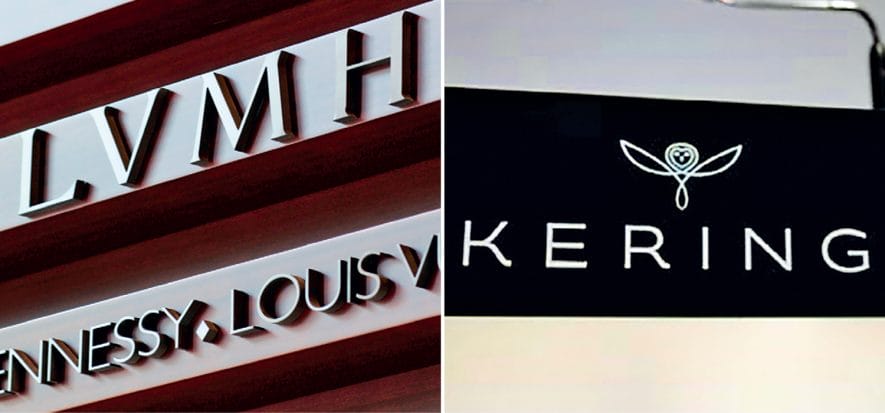They have been proving sensitive to France’s financial problems, not to Italy’s ones though. In fact, in their home country both Kering and LVMH eventually decided not to resort to social security cushions: they did not want to overburden French public accounts with additional expenses. Conversely, in Italy, where they currently run a deeply rooted marketing and (most of all) manufacturing activity, the French luxury giants did not prove to pay such close attention as they did in France.
In fact, in Italy they reportedly took advantage of financial measures implemented by Italian government through a decree, namely the decretoCuraItalia, to soften and overcome difficulties caused by Coronavirus outbreak. The Post Internazionale (TPI) reported the news: around 5,000 Kering Italian workers, employed for retail and production, will benefit from unemployment insurance. As regards LVMH group, instead, there are about 1,000 of them.
They care about France, not about Italy
Their choice is fully legitimate of course. The point made by TPI rather concerns a political choice, somehow, so to speak. The two groups proved very sensitive to France’s public financial situation: why did not they act alike in Italy? For example, “all of the brands controlled by Kering group, except Ginori, are going to benefit from wages guarantee funds or additional funds for salary compensation – recapped Luca De Zolt (Filcams CGIL), while speaking to TPI –, because some of them have less than fifty employees.
As for the latter, the company is going to pay in advance money remuneration usually provided by Italy’s social security service. On the other hand, as regards workers who benefit from wages guarantee funds, the company will be paying in advance their thirteenth and fourteenth monthly salary for the first nine weeks, which have almost finished, at this point. However, companies are going to complete, for all of them, the whole (100%) of the payment due”.
What they opted for in France
To tell the truth, we cannot consider such French generosity to be fully genuine after all. In fact, as reported by the Financial Times at the beginning of April, the two holding companies, which are in control over multimillionaire fashion brands, such as Louis Vuitton and Gucci, had started negotiations with trade unions in France as well. The aim of talks was to possibly resort to social security cushions. What did they do then? Well, they focused their attention on a name and image issue.
The chief leaders of the two groups are Bernard Arnault and François-Henri Pinault, who are respectively placing third and twenty-seventh in the annual ranking of the wealthiest people in the world, compiled and published by Forbes. Well, considering their position, if they had taken advantage of any social aid, they would have antagonized the public opinion. On top of that, competitors played their cards as well: when Hermès and Chanel announced they would not resort to wages guarantee funds, at that point LVMH and Kering were compelled to act likewise. In France, at least.
Read also:











